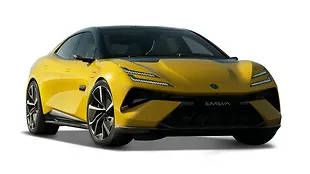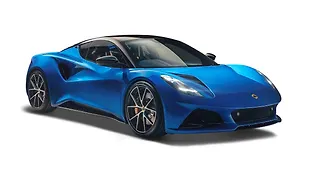FAME 2 highlights

The Indian Government has been undertaking various measures to boost electric car sales in the country. Earlier this year, the government approved a budget of Rs 10,000 crore for the second phase of FAME (Faster Adoption and Manufacturing of Electric vehicles) which has been implemented in the country from 1 April 2019. The subsidy on EVs is applicable to commercial vehicles, public transport vehicles and two-wheelers. The FAME 2 scheme is applicable for a period of three years from 2019 to 2022.
Moreover, the centre has sanctioned a budget of Rs 8,596 crore this year as compared to Rs 4,500 crore which was announced in 2018. Under the FAME 2 scheme, only vehicles which are powered by lithium-ion batteries or a more advanced power source can avail the government benefits. The scheme reportedly supports the manufacturing and sale of 10 lakh electric two-wheelers, five lakh electric three-wheelers, 55,000 electric four-wheelers and 7000 electric buses. As part of EV charging infrastructure plans, around 2,700 charging stations will be set up across different locations in Tier-1 cities. The plan is to ensure availability of at least one charging station in a grid of 3kms x 3kms. The establishment of charging stations are also proposed on major highways connecting major city clusters. On such highways, charging stations will be established on both sides of the road at an interval of about 25 km each.
In an effort to ensure clarity in process, the centre has asked states to frame their EV policy and provide additional fiscal and non-fiscal incentives to manufacturers and buyers. Under the scheme, buses have to be priced under Rs 2 crore, plug-in hybrids under Rs 15 lakh, three-wheelers under Rs 5 lakh and two-wheelers have to be under Rs 1.5 lakh to be eligible for incentives.
Initially, in August last year an inter-ministerial panel had finalised the roadmap for Faster Adoption and Manufacturing of (Hybrid) and Electric Vehicles (FAME) II scheme with an outlay of around Rs 5,500 crore spanning over five years and subsidy support for all types of electric vehicles. However, l in November 2018 the government had extended the phase-I FAME scheme till March 2019 or till the release of a notification for the second phase. The Ministry of Finance had approved enhancement of the total outlay for the first phase of the scheme from Rs 795 crore to Rs 895 crore. The scheme was supposed to be implemented over a two-year period commencing from April 1, 2015. It was to be followed by the rollout of the second phase. The first phase was extended four times for six months each.
Speaking on the occasion, Sohinder Gill, Director General, Society of Manufacturers of Electric Vehicles (SMEV) said, “We are thankful to the government for considering our demand for a long-term scheme with substantial fund support. The support would encourage associated industry players to invest in the sector, which will further help in creating an ecosystem, locally. We look forward to seeing the final notification from the concerned ministry, which will give us clarity on the government’s roadmap of e-mobility.”
























